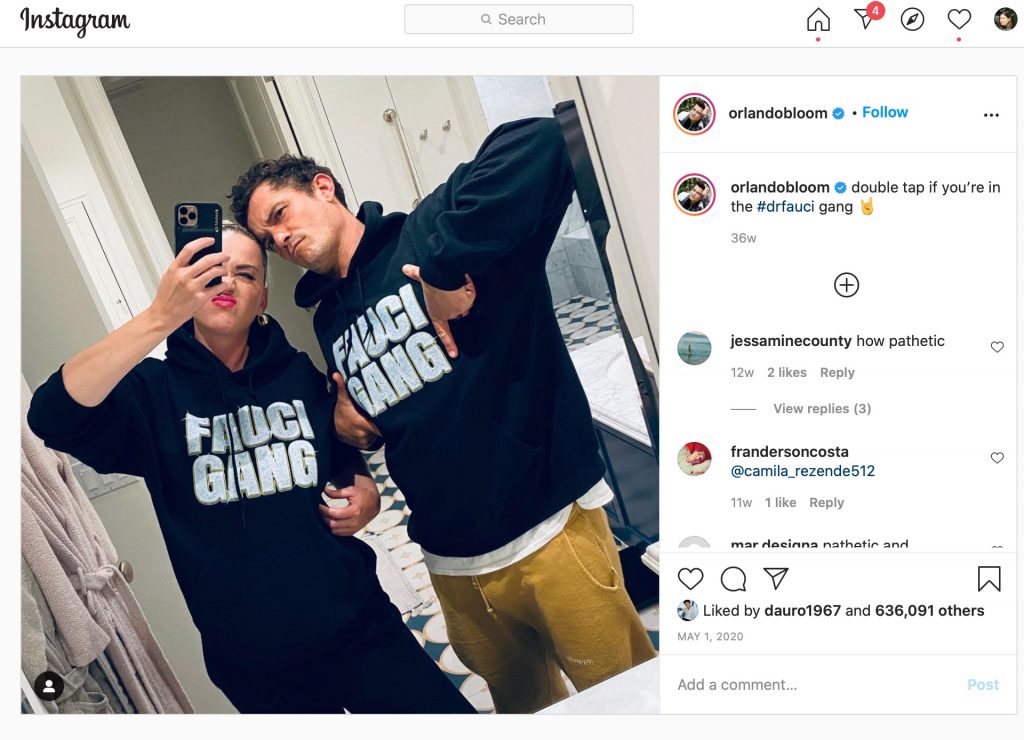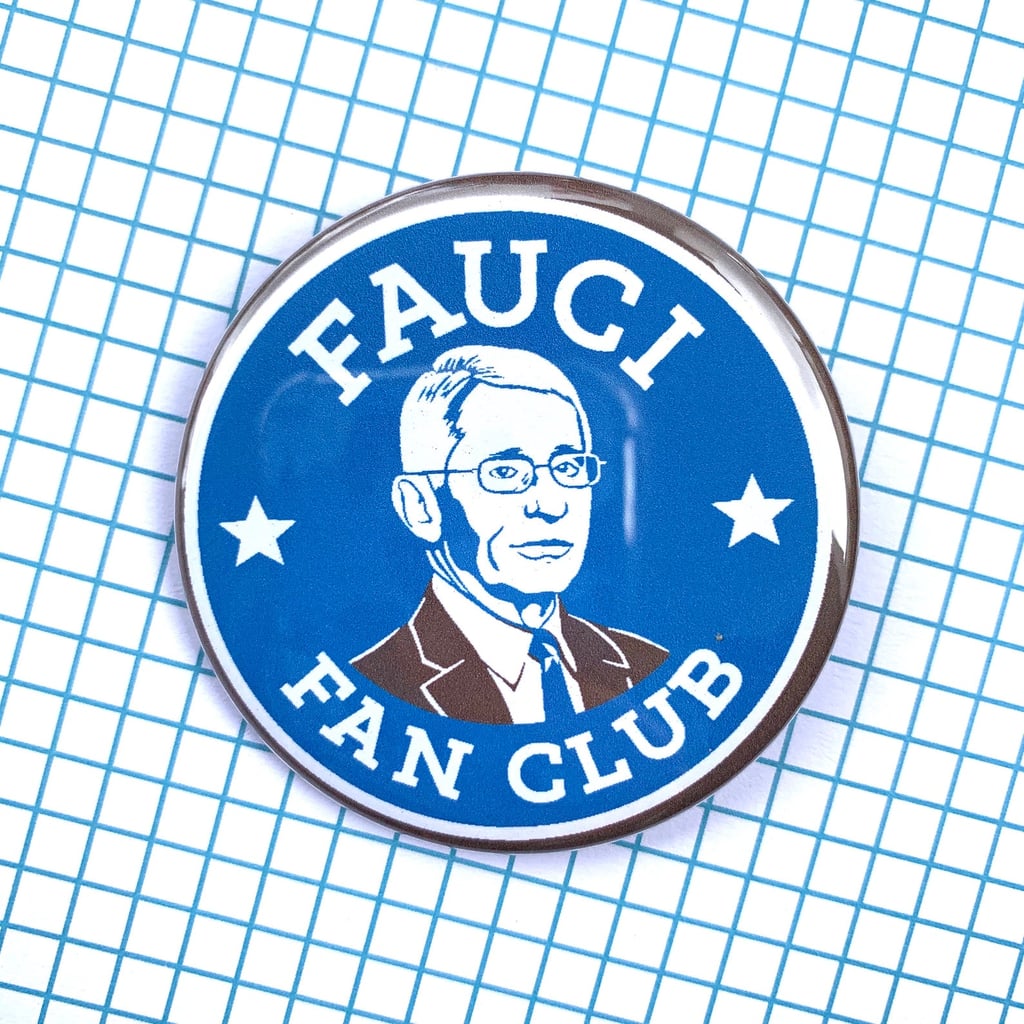.
Before Covid (BC), scientists were mostly known to us as mysterious white-coated figures in labs or as tweedy academics tucked away in stuffy offices. Recently, however, all that has changed with the pandemic. Now white-coated scientists have made it out of their laboratory and are taking their place on prime-time TV, dominating our screens like celebrities. Their faces have become well-known and their voices are ones of the moment, keeping our nation safe.
This got us thinking personal brands that are defined by their brain. While more and more brain brands have become part of our pop culture, from the late great Stephen Hawking to the contemporary brands of Brian Cox and Neil deGrass Tyson, there are also the unlikely heroes that have emerged during Coronavirus pandemic.
In this post, we turn the spotlight on the brain brands of the pandemic and what makes them our heroes of the moment.
Conduits for knowledge
In addition to their level of expertise, what seems to differentiate these brain brands the most, particularly during public health crises such as the Coronavirus, is their ability to be a conduit between knowledge and the general public. In other words, they actively make science understandable for laymen.
There are few better-known experts on the Coronavirus pandemic than Dr. Anthony Fauci, leading US infectious diseases authority. His career is well established, spanning six presidents in over thirty years of research. Since serving on the White House Coronavirus Task Force, however, Fauci has become a familiar face and voice, relaying critical information in a calm Brooklyn accent over television, radio, YouTube videos and congressional hearings. Just one look at his fan clubs and the merchandise out there and you know instantly he’s become a cult hero. Even celebrities like Orlando Bloom and Katy Perry are sporting his name!
Chief Medical Officer Professor Chris Whitty has become the UK’s guiding light through the darkness of the pandemic. Whitty, an NHS Consultant Physician and Epidemiologist, and his Chief Scientific Adviser, Sir Patrick Vallance, are taking the helm at many briefings from No 10. Like Fauci in the US, both Whitty and Vallance have rapidly gained a cult following in the UK. Chris Whitty has his own Facebook appreciation society, complete with mugs and t-shirts. Vallance also has his own Facebook appreciation society, without all the merch.

Chris Whitty mug available on Etsy
Another scientist to become a household name in the UK is Professor Jonathan Van-Tam, the government’s Deputy Chief Medical Officer and a specialist in flu and pandemics. Van-Tam, another familiar face at the Downing Street briefings, has also become known for effectively conveying scientific concepts in layman’s terms, along with his penchant for colourful analogies and metaphors. Van-Tam doesn’t have the same social media presence as Whitty and Vallance, although he is the subject of many a fond tweet like “Van-Tam is cooler than Van Damme this year. No doubt.”
And let’s not forget that these brain brands also help to shine a light on the achievements of those silent heroes that chose to stay in the lab and out of the spotlight, such as power couple Özlem Türeci and Ugur Sahin of BioNTech!
The price of passion
There is little doubt that passion and purpose, core branding attributes, are fuelling these brain brands. Given the years it’s taken to reach this level of expertise, it’s clear their profession is a calling – not only the subject itself, but the desire to disseminate it. They’ve taken on this task with dedication, equanimity and patience, deciphering what must be an avalanche of data into something we can understand. But what’s clear with these brain brands of the pandemic is that bringing their passion into the public eye invites a certain level of controversy, even danger.
In the US, Fauci’s dedication to disseminating information and evidence-based science has at times put him at odds with the administration, and due to threats on his life, he has federal agents protecting him. While in the UK, Whitty and his team have been accused of scaremongering with their virus updates and confusing graphs. The Chris Whitty Appreciation Society on Facebook was started in response to the trolling he experienced on social media. However, for our brain brands, a deep seated passion for science and commitment to delivering it to the public seems to outweigh any controversy surrounding them. Perhaps, as we’ve learnt from Spiderman, “with great power comes great responsibility.”
Bringing some brain to your brand
If you’re in the position of using your brain as your brand, think about how you can share your passion and disseminate your knowledge, even if that means shaking things up a bit. After all, a strong personal brand is one whose passions shine bright, and others will naturally gravitate to that brightness. So share what’s in that noggin, with passion and vision, and maybe you’ll become an unlikely hero too.

